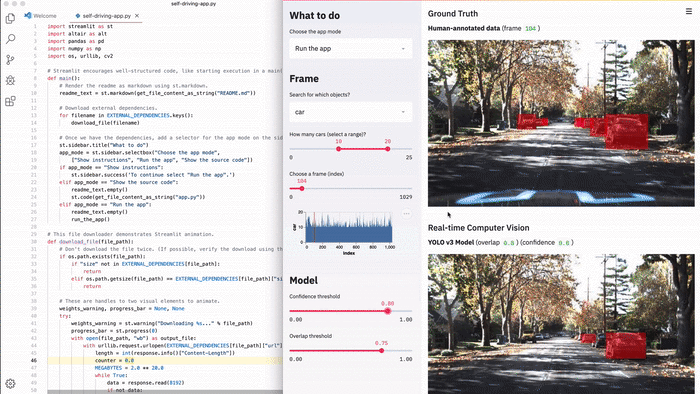Provide a project manager with a tool and capability to manage project risks, assess risk probabilty and present risks that need to be addressed and from a detailed plan be able to output dynamic reports for sharing with the community.
Project risk management begins with a plan, outlining the benefits, costs, resources and objectives of the project. The plan and key performance indicators such as milestone completion, resource sentiment and engagement are used to highlight risks.
The project charter is a document mostly text based, that outlines the goals, objectives, how the project will be monitored, and defines what success looks like.
The project canvas is a visualization tool used to describe the project goals, benefits and scope to the stakeholders and team. There are three layouts, business view, team view and
Many project managers have difficulty identifying risks, convincing their stakeholders that they should identify risks in their projects early and have a strategy to address them. Projects are about taking risks to achieve a new state, product, process or goal. The PM monitor has a list of 130 possible risks. Triggers will raise or lower probability of the monitored risks.
I am a firm believer in calculating and tracking earned value, CPI and SPI in your projects and use as a monitor for risk analysis and detection.
Streamlit is announced as being The fastest way to build custom ML tool but we believe it has the potential to become much more awesome than that. I have attempted to build ThePMMonitor with many tools, python and flask, node.js, headless CMS strapi, and others. My goal is to create an application, write the business logic and incorporate Natural language processing, graphs and reporting and not have to get my hands dirty with CSS/HTML, database storage and other infrastructure concepts. For this reason I have used Streamlit
You can find a curated list of Awesome Streamlit resources here
Feel free to contribute your comments or suggestions to to this article.
You can contribute through GitHub Issues or Pull requests.
Data Science is a very broad category. It's used for to categorize work such as
- data transformations and visualisations in excel
- interactive data visualisations in BI Tools like Power BI and Tableau
- Building Fundamental, Statistical, Mathematical, Machine Learning or Deeplearning models in Python, R etc.
- Building applications on top of data science models and deploying them to production

